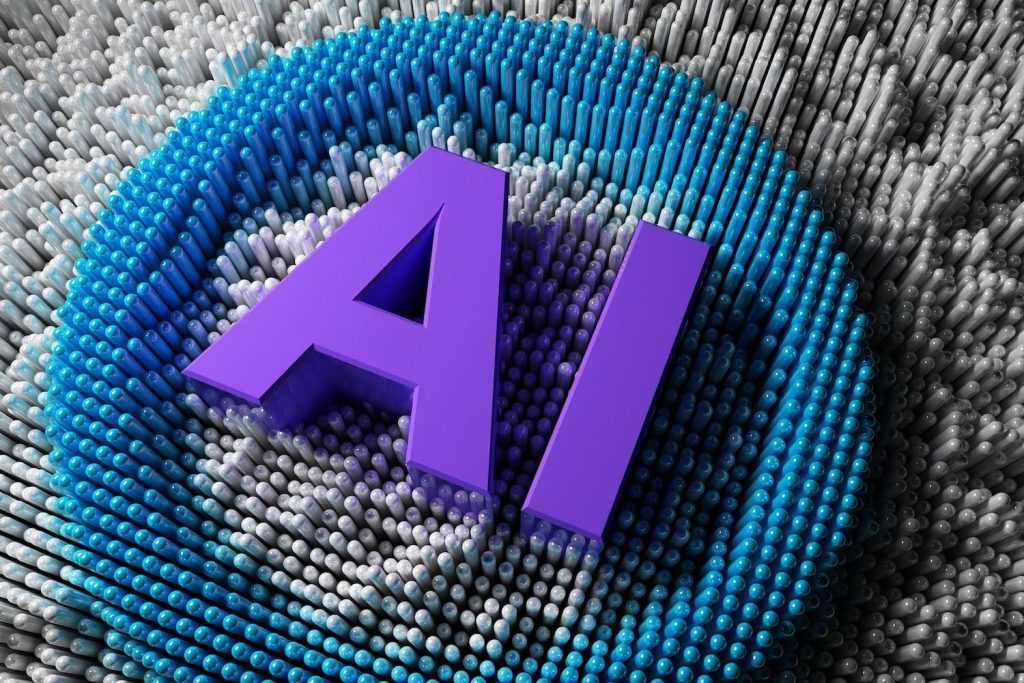Paid Search, often known as Pay-Per-Click (PPC) advertising, is a cornerstone of online marketing. With businesses vying for visibility in search engine results, understanding PPC is crucial. Here’s a comprehensive look at what PPC entails and how to harness its power effectively.
1. What is PPC?
PPC is a model of online marketing where advertisers pay a fee each time their ad is clicked. Instead of earning visits organically, businesses can purchase visits to their site. Search engine advertising, like Google Ads, is one of the most popular forms of PPC.
2. Keywords: The Heart of PPC
At its core, PPC revolves around keywords. Advertisers bid for the placement of an ad in the search engine’s sponsored links when someone searches for a keyword related to their business offering. Effective keyword research and selection can make or break a PPC campaign.
3. Ad Auction and Quality Score
Search engines don’t just award ad spots to the highest bidders. An “Ad Auction” system determines which ads to display. This takes into account the relevancy and quality of the ad and the landing page it points to, often referred to as the Quality Score.
4. Crafting Compelling Ad Copy
Your ad’s message is pivotal. Effective PPC ads resonate with their audience, offer a solution to their query, and entice them with a compelling call-to-action.
5. Importance of Landing Pages
A successful PPC click is only half the battle. The landing page should be relevant to the ad and provide a seamless user experience, encouraging visitors to convert.
6. Monitoring and Optimization
Regularly review campaign metrics. This includes click-through rates, conversion rates, and overall ROI. Adjusting bids, refining keywords, and testing ad copy can significantly enhance campaign performance.
7. Remarketing: A Game-Changer
Remarketing (or retargeting) is a way to connect with people who previously interacted with your website. It allows advertisers to strategically position their ads in front of these audiences as they browse the web, keeping the brand top-of-mind and enticing users to return.
8. Ad Extensions and Their Value
Ad extensions provide additional information and can significantly boost an ad’s click-through rate. Whether it’s site links, call buttons, or structured snippets, ad extensions enhance visibility and provide more reasons for searchers to select your advertisement.
Conclusion
Paid Search (PPC) Campaigns offer a tangible way to bring in targeted traffic quickly. While it involves budgetary considerations, when executed well, the returns can be monumental. As with any digital marketing strategy, continuous learning, testing, and optimization are key.
FAQs
-
Is PPC suitable for any business?
While PPC can benefit most businesses, its effectiveness can vary based on industry, target audience, and keywords. It’s vital to understand the potential ROI before diving in.
-
How much should I budget for a PPC campaign?
Budgets can vary widely based on industry, competition, and objectives. Start with a modest budget, test, and adjust based on performance.
-
What is the difference between SEO and PPC?
SEO (Search Engine Optimization) involves optimizing sites to earn organic search traffic. In contrast, PPC focuses on paid ads. Both are crucial components of a comprehensive search marketing strategy.
Ready to harness the power of AI for your business? Contact Skyfall Blue, a leading digital marketing agency, to create a winning digital marketing strategy tailored to your business needs.
For further information and details, you can click on this link.



Leave a Reply